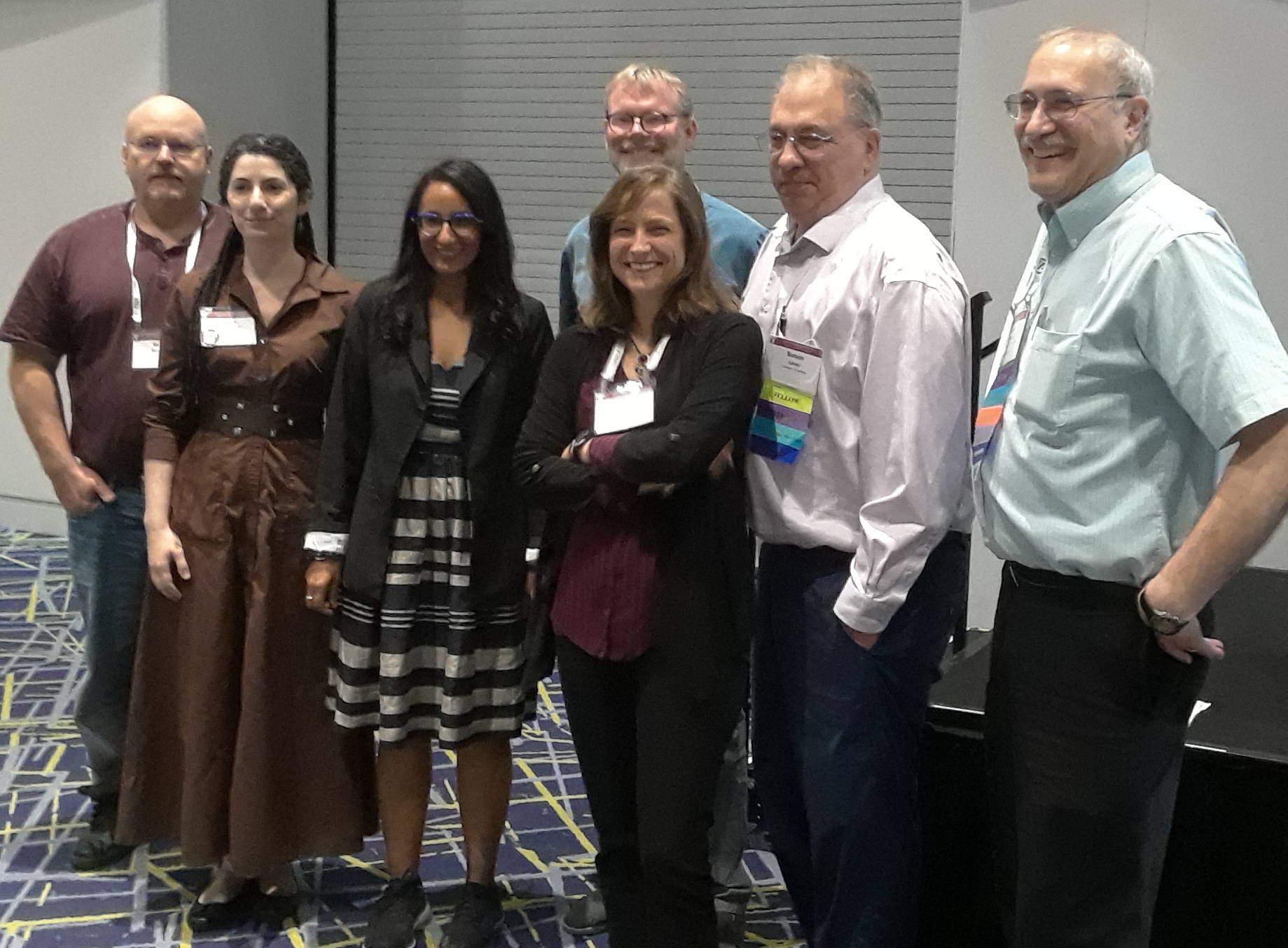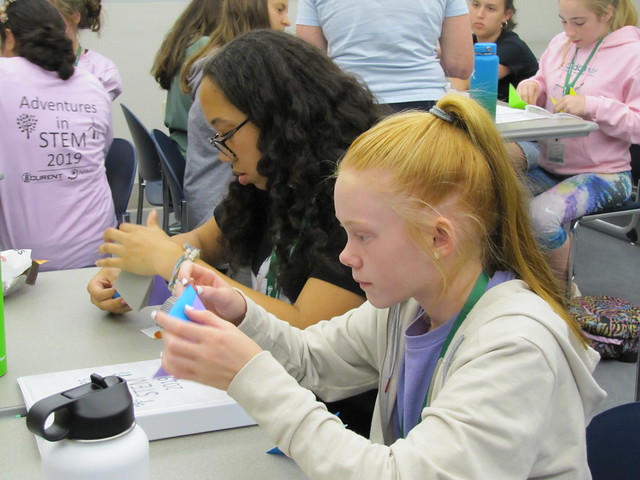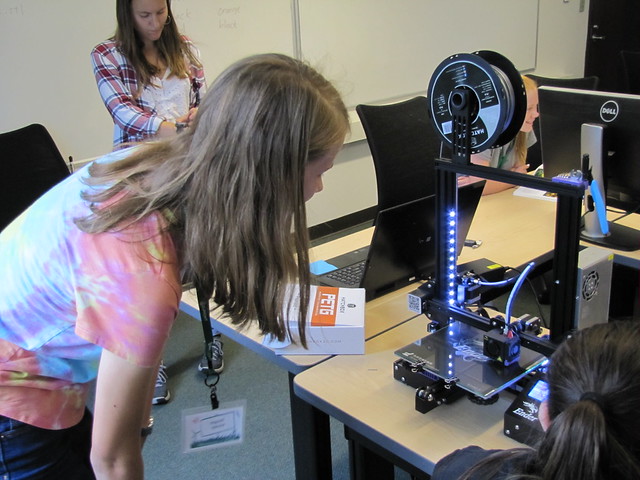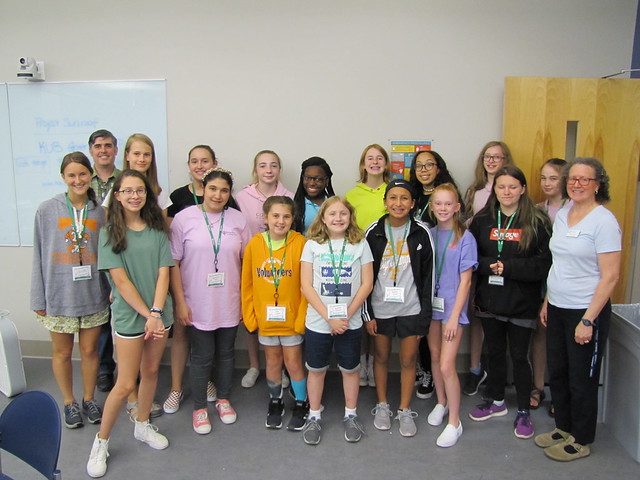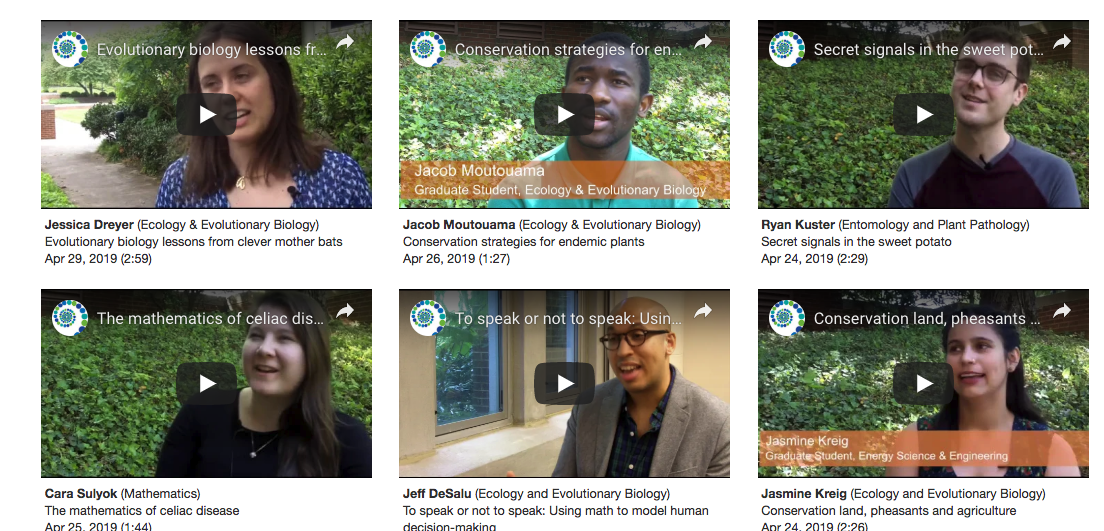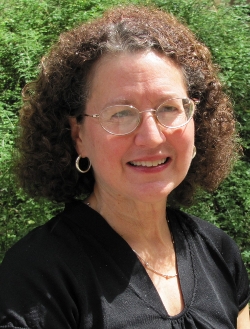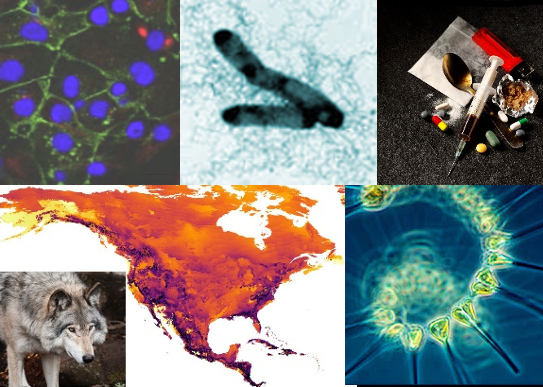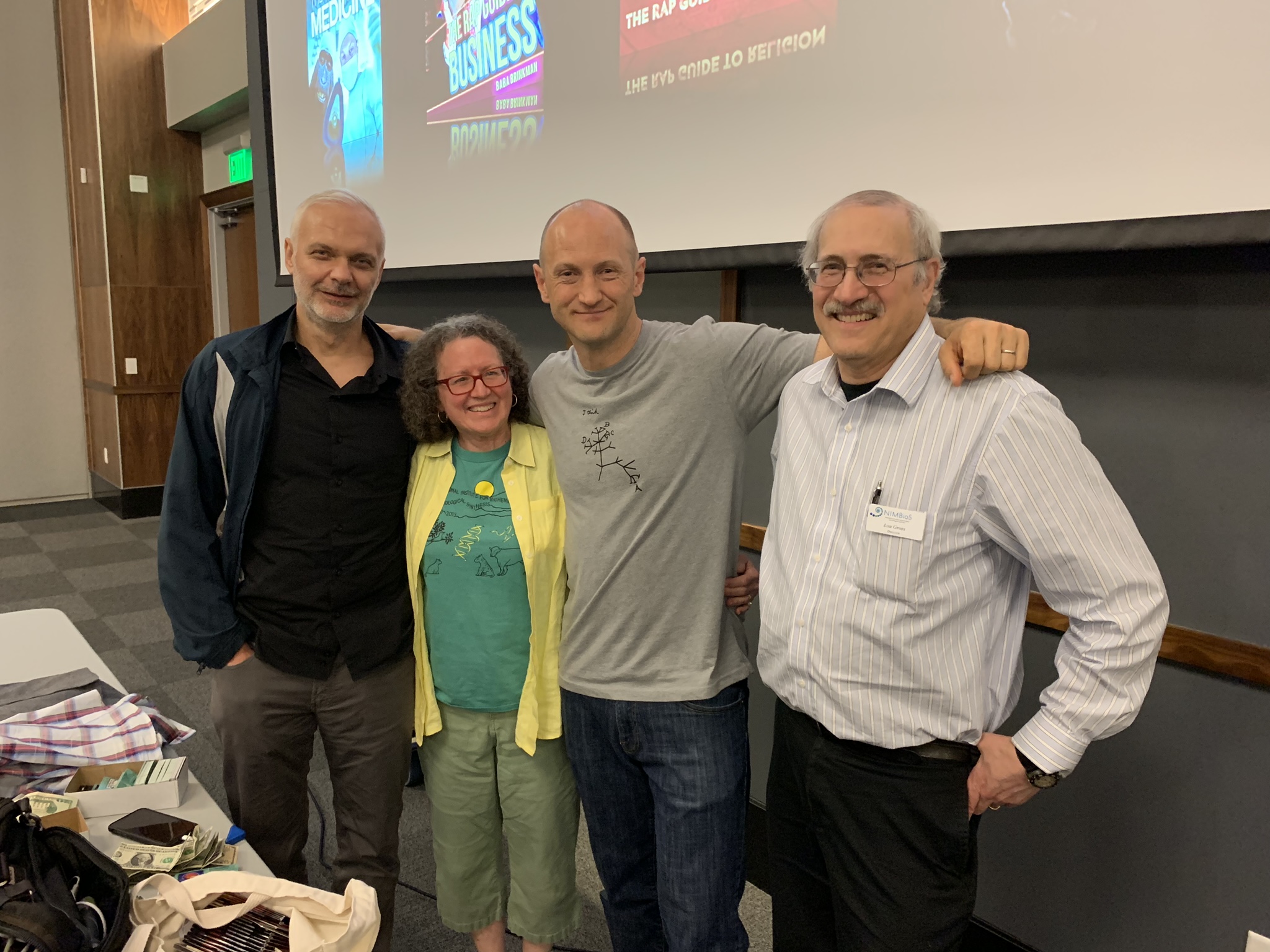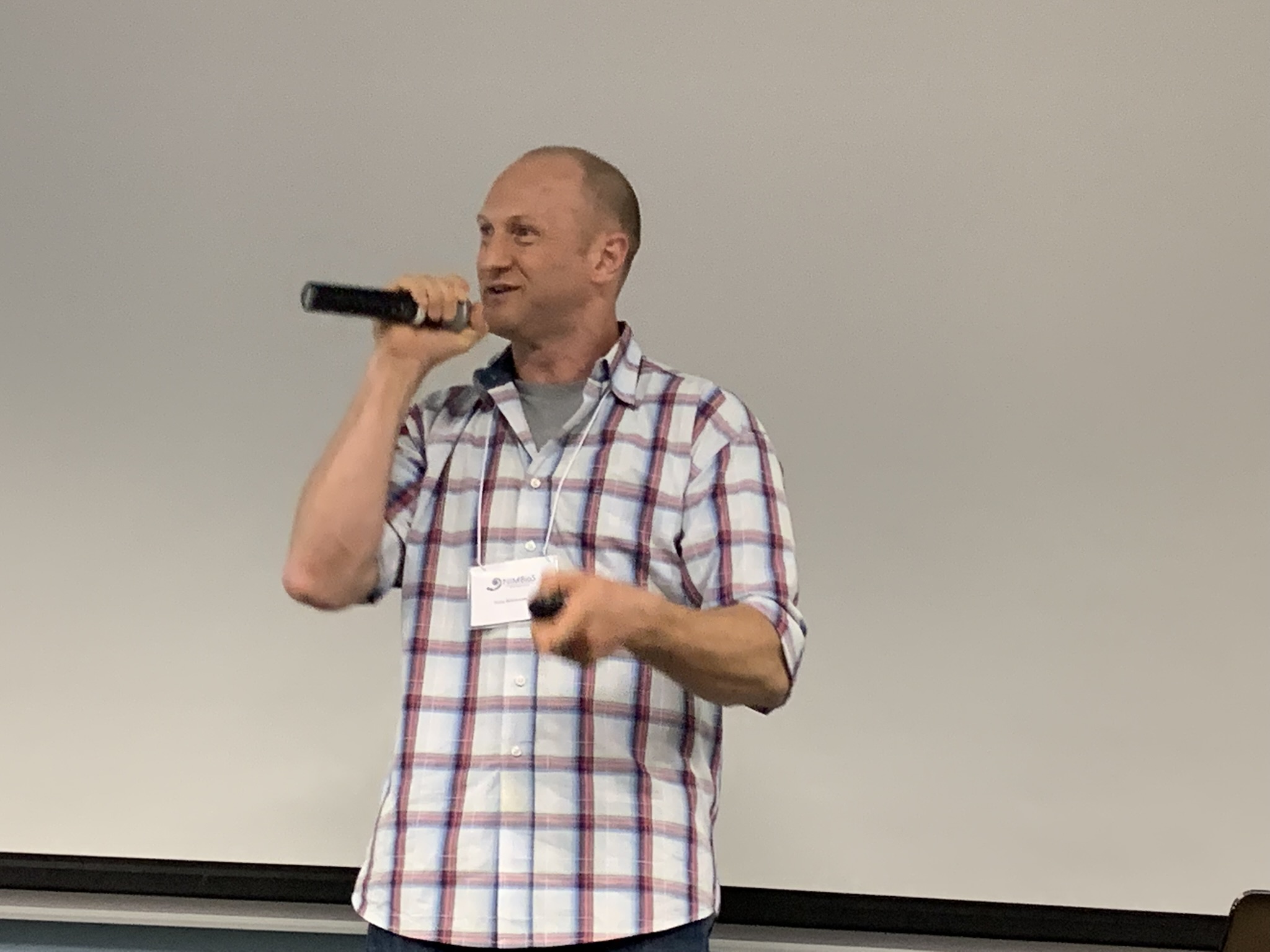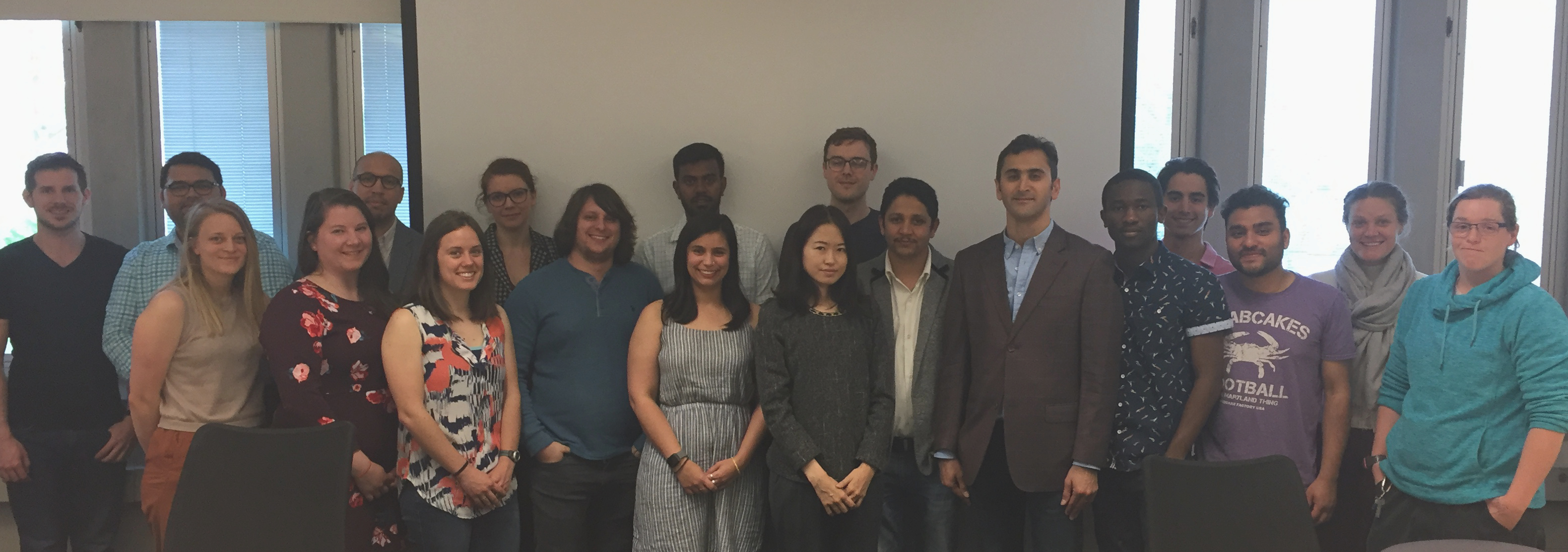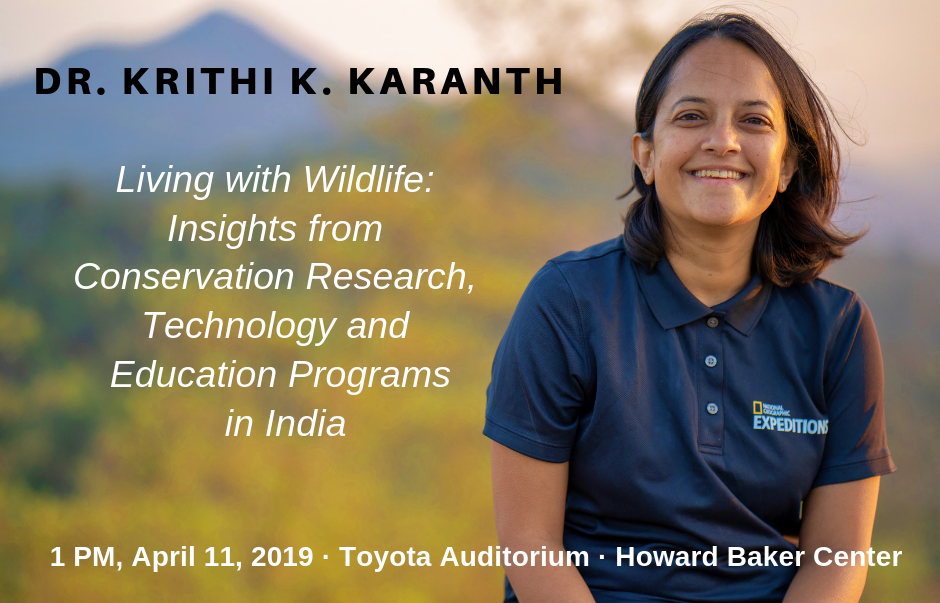
The National Institute for STEM Evaluation and Research (NISER), which was established as a part of NIMBioS in 2016, is now a core operation of the University of Tennessee’s lead research administration unit, the Office of Research & Engagement (ORE). The move was official July 1, 2019.
Through the support of NIMBioS, NISER Director Pam Bishop has grown NISER into a world-class STEM evaluation center, now with a staff of three research associates.
With expertise in evaluation theory, design and implementation, NISER is capable of evaluating large-scale projects to optimize decision-making and to untangle the complexity of program dynamics in order to understand how and why a project meets or fails to meet its objectives.
Under ORE, NISER will continue its mission to support STEM-related education and research and expand its portfolio to work with ORE to evaluate UT’s research enterprise.
NISER’s success and its move to be part of ORE enhances UT’s reputation as one of the nation’s leading universities providing high quality program evaluation and builds on the highly interdisciplinary approach to science and education fostered by NIMBioS.
Thus far, 23 projects have been awarded to NISER supported by the National Science Foundation, National Institutes of Health, US Department of Agriculture, Howard Hughes Medical Institute and others. This includes several major University of Tennessee STEM-related projects: the NIH-funded Program for Excellence & Equity in Research (PEER) and Possibilities in Post-Secondary Education in Science (PiPES); and the NSF-funded Adaptations for a Sustainable Climate of Excellence and Diversity (ASCEND), VolsTeach for Appalachia, and Appalachian Students Promoting the Integration of Research in Education (ASPIRE).
Additionally, NISER currently partners with grant-funded projects across the country to conduct its evaluations, to include the University of Pittsburgh, The College of William and Mary, Radford University, Northern Arizona University, the University of Tennessee Health Sciences Center, The University of Memphis, and The Georgia Institute of Technology.
Three current research projects with scholarly articles in preparation are the NSF-funded Quantitative Biology Education and Synthesis project on biology faculty use of open educational resources; the NIH-funded PiPES project on undergraduate and graduate student journaling in STEM-based K-12 programs; and an NSF-funded project on the BioCalculus Concept Instrument.
For more information on how to engage NISER with your evaluation project, contact Pam Bishop at pbaird@utk.edu or (865) 974-9348

